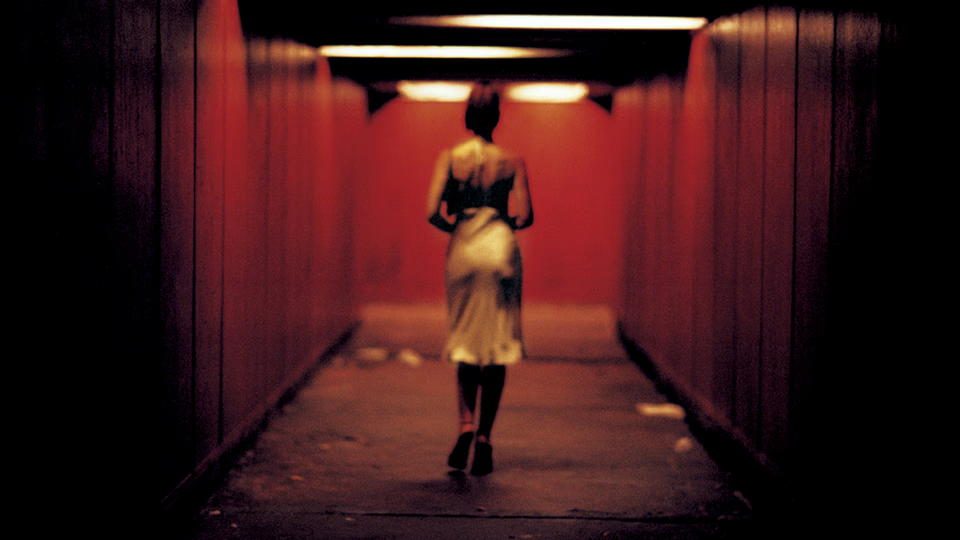Irreversible

Time destroys everything. So warns a character early in Gaspar Noé’s Irreversible, and the line hangs over this punishing, brilliant film like a death sentence.
This is cinema as endurance test. Noé tells his story backwards, starting in chaos and ending in sunlight, and the effect is devastating. We begin in a nightmarish gay club called Rectum—appropriate name—where two men hunt for vengeance. The camera spins and lurches. The soundtrack drones like a migraine. You may feel sick. You may quit. I nearly did.
But stick with it.
The reverse chronology isn’t a gimmick. It’s the point. In a conventional revenge film, we’d cheer when the bad guy gets what’s coming. Here, we see the violence first—brutal, racist, unhinged—before we understand why. By the time we learn the reason, we’re forced to judge the vigilantes we might otherwise root for. Marcus isn’t a hero. He’s a man-child lashing out, his homophobic rage revealing more about wounded ego than justice.
The rape scene is the film’s black heart. Ten minutes. One unbroken take. A pedestrian underpass with hell-red walls. Noé doesn’t cut away or spare us. He makes us watch as Alex is assaulted, then beaten, her head slammed into concrete. Someone sees. Someone leaves without helping. This is the film testing whether you believe in cinema’s responsibility to look at ugliness without flinching.
Then comes the gut punch. Working backwards, we see the party beforehand. Marcus acting like a jerk. Earlier still, the three friends laughing on the Metro. Alex radiant, asserting her independence: “It’s always the woman who decides.” I laughed too—improbably—at a joke involving a bedside table. Then we see Marcus and Alex in bed, tender and whole. Finally: Alex in the park, reading in golden light, children playing. Nothing has happened yet. Everything will.
Some will call this misogynistic. They’re wrong. Noé shows misogyny; he doesn’t endorse it. He forces us to sit with terrible questions. How much of Marcus’s rage is about Alex versus his own shame? Where does choice end and fate begin? Not victim-blaming—God, no—but acknowledging that actions ripple outward in ways we can’t control.
The film presents each segment as a continuous take. Whether they actually are doesn’t matter. The seams don’t show. This is exploitation cinema elevated to art, making previous shock films look timid by comparison.
Irreversible isn’t for everyone. It shouldn’t be. But for those willing to take the journey, it’s essential—a film that deconstructs revenge fantasies by robbing us of satisfaction and leaving us only with knowledge. Knowledge that destroys. Knowledge that can’t be undone.
Like time itself, it only moves one direction. Noé just forces us to watch it backwards.